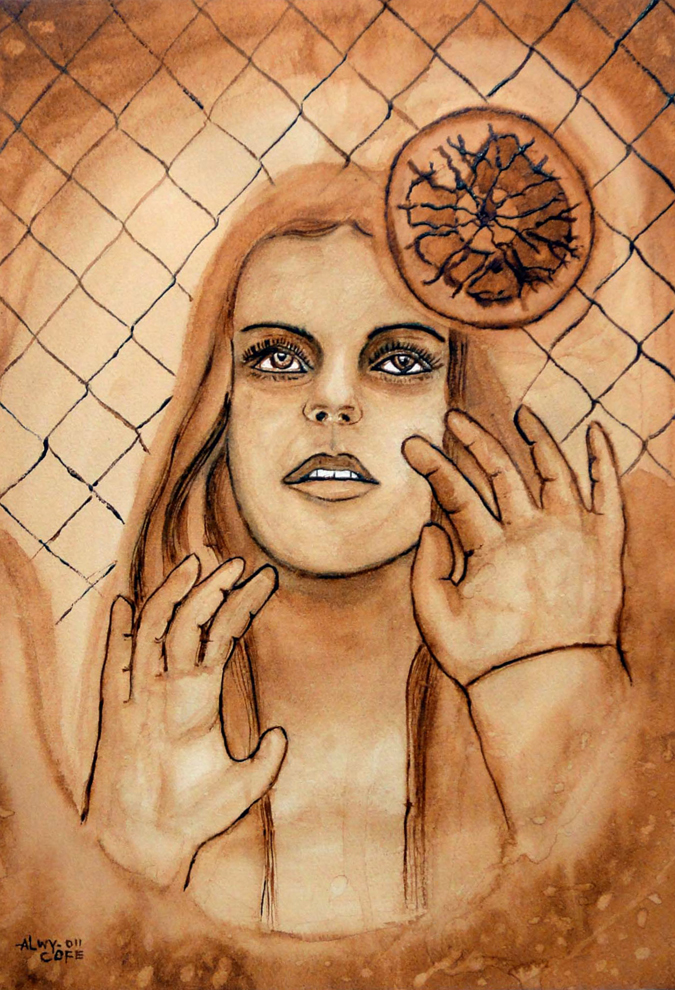
Government decides: no right to engage
A new year is often a time for reflection; to reflect on bad decisions made during the year past, and a time to plan how to rectify those decisions in the year ahead. Chris Bowen it seems, did not have this time for reflection on the practical costs of his ‘no advantage’ policy for asylum seekers over his festive break. Despite all the international evidence on the disastrous consequences of no work rights for asylum seekers in the community, Bowen continues to stipulate that asylum seekers processed in the community will receive 6 weeks accommodation from the Red Cross, then receive $200 per week welfare payments, with no right to work, no right to volunteer, and no right to study.
Considering the above, it is difficult to fathom the rationale behind the Government’s decision to pay asylum seekers welfare benefits for an undisclosed period of time from public funding, relying on the community sector for support, rather than allowing people to work for a wage. As Sophie Dutertre from the ASRC’s Employment and Training Program (ASSET) outlines, the new visas for IMA arrivals post August 2012 prohibit any type of meaningful engagement for asylum seekers in the community – no right to work, no right to study, and no right to volunteer. As 89.6% of boat arrivals over the last few years have been granted permanent protection visas, it’s difficult to see what these government enforced measures achieve – having asylum seekers live on welfare without any training or skill development for 5 years deliberately hinders their potential to be able to gain employment when they do achieve permanent residency.
The story of Debbie[1] illustrates how transformative work can be for individuals. Upon arriving from Malaysia, Debbie was anxious and negative about her future prospects, she was very despondent and had no self-confidence. Supported by ASSET, Debbie completed her Health Services Assistant Certificate through NMIT and after doing her placement in a local hospital was offered a position by her employer. With the offer of work, Debbie’s life turned around:
“Before I thought I had limited work options, that there was nothing I could do. Now I know I can do Health Services Assistance. It has been very good for my self-esteem and my life has changed as a result.”
For the first time Debbie feels valued and recognized as somebody who has respected skills. Her physical and mental health has improved as having a remunerated job increased her social life and she was no longer sitting at home depressed and worried.
Most of ASSET’s clients are men who not only need an income to survive, but whose sense of self is intricately bound up in employment. As Ms. Dutertre reports, the difference in a person who goes from being reliant on welfare to obtaining employment is transformative – going from being downtrodden and despondent, to a person with dignity. She also believes the benefits for the local community and economy speak for themselves; as long as there is a labour shortage in Australia in areas such as meat works jobs, recycling factories jobs, and the service industry, including aged care and health services, there is an economic benefit that asylum seekers contribute – by being gainfully employment they spend money and pay tax – rather than being a negative economic force and living on money from the welfare system. As far as Ms. Dutertre is concerned, having an underclass of asylum seekers who are homeless, desperate, and depressed, is not good for the Australian community. ASSET’s clients have demonstrated that when asylum seekers are employed their contribution is great. Asylum seekers who actively seek employment are committed workers keen to contribute their skills, resilience and ingenuity to the community.
The Hugo Report issued by the Department of Immigration and Citizenship (DIAC) details the Economic, Social and Civic Contributions of First and Second Generation Humanitarian Entrants. The report demonstrates the immense contribution that asylum seekers make to Australian society through setting up new businesses and filling niches in the labour market.
Asylum seekers meet many of the labour shortages in low skill, low status and low paid occupations, particularly in regional settings. This is not because asylum seekers are less skilled, as one third of humanitarian entrants have post-school qualifications, but because their skills are not always being fully utilised in the labour market. One third of recent humanitarian settlers who were employed worked as labourers – three times the rate for other recently-arrived settlers – enriching the Australian economy by working in areas of labour shortage.
Other agencies also emphasise the importance of work rights for asylum seekers living in the community and have called into question the ‘no advantage’ policy. For instance, the Salvation Army has called for political parties in Australia to allow all asylum seekers on bridging visas the right to work and access to full medical support, while they await determination or final review of their protection visa applications,
The inability of both political parties to look just a little further down the road is astounding. If the ‘no advantage’ policy continues to operate in this incarnation, the future holds a situation where genuine refugees want to work but are not allowed to engage at all in their communities. Not withstanding the disastrous effects this will have on asylum seekers themselves, the resentment of the Australian community and the resultant hostility that living on welfare will no doubt induce, is irresponsible and unsustainable.
Top image by Alwy Fadhel, ‘Villawood series 1’, coffee on paper, as part of the Refugee Art Project – www.therefugeeartproject.com
[1] Debbie’s real name has been changed for privacy purposes.
Leave a reply


Connect with us
Need help from the ASRC? Call 03 9326 6066 or visit us: Mon-Tue-Thur-Fri 10am -4pm. Closed on Wednesdays.